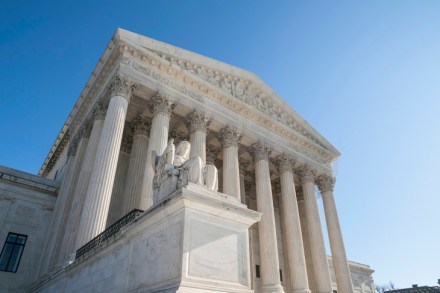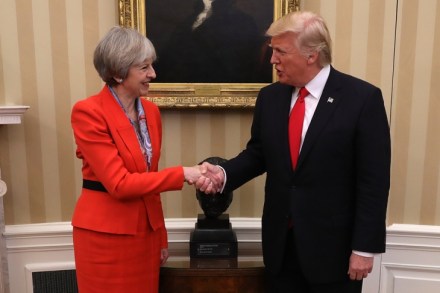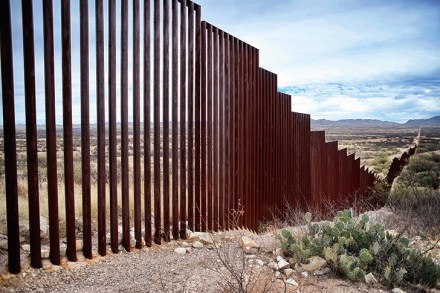Another challenge for Trump
James D. Zirin is an experienced litigator as well as the host of a popular television talkshow. In this provocative polemic he uses skills developed both from behind the bar and in front of the camera to mount the charge that the US Supreme Court is a political court. How far does his evidence support his claim? In 1803 Chief Justice Marshall invented the doctrine of judicial review, by which the Supreme Court had the right to strike down Acts of Congress and executive action as inconsistent with the constitution. Inevitably, it then became involved in issues that were heavily political. In 1857 the court upheld the property rights of


















